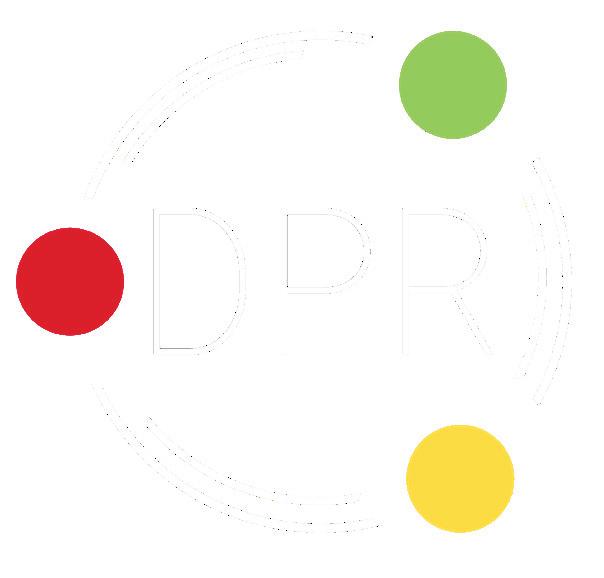
1 minute read
From IP to practice
EloiseHart,HeadofSocialSciencesFGCS
Every lesson that we teach requires us to think about multiple things in one go. For the whole 50 minutes we are constantly doing something. Planning for intellectual preparation (IP) sessions required me to build my own knowledge of what a successful lesson looks like, and break down each of those things that we do within those 50 minute lessons. When I first started planning IP sessions, I took a close look at my own lessons and began to reflect on how my delivery could be improved and what really needed to be thought about beforehand, and used this to guide the planning stages of the sessions.
Advertisement
Our first IP session as a Geography department had a focus on the breaking down of lessons into small chunks, to allow for checking for understanding, before moving on to the next part. That first session largely consisted of me modelling the delivery of an upcoming lesson with the department, the delivery through the curriculum booklet, and how I would break down the content into smaller milestones for students. This allowed me to model both the IP for the department, as well as how our curriculum booklets could be adapted to suit the needs of our own individual classes. I feel like this was hugely beneficial to the team, as a Geography lesson can be quite bulky in content, and without that successful breakdown at phase 2, our students would become overloaded with the information.
I feel like the IP sessions have had a great impact on everyone’s teaching and learning. We are now addressing things that we maybe would not have thought of before. Having curriculum booklets and centralised resources as a tool for teaching and learning is invaluable, but if not delivered properly they become wasted. Recently we have been working collaboratively on tackling the challenges related to fieldwork exam questions; how we can teach to the top through our use of language such as ‘reliability’, ‘validity’ and ‘accuracy’, and how we can plan for misconceptions regarding exam questions and the shift in assessment objectives for these questions compared to other units.
These sessions allow us to develop our practice as a department, and make improvements to each of our phases of the lesson. I have seen team members really thrive following their IP allowing them to make sure they are targeting SAF students through their questioning, providing strong and supportive model answers for our students and even preplanning their live marking to support students in phase 4.
Moving forward, our next few IP sessions will be targeted at looking at phase 3 and 4, to make sure that we already know beforehand how exactly we are going to support our students for that SLOP part of the lesson.










